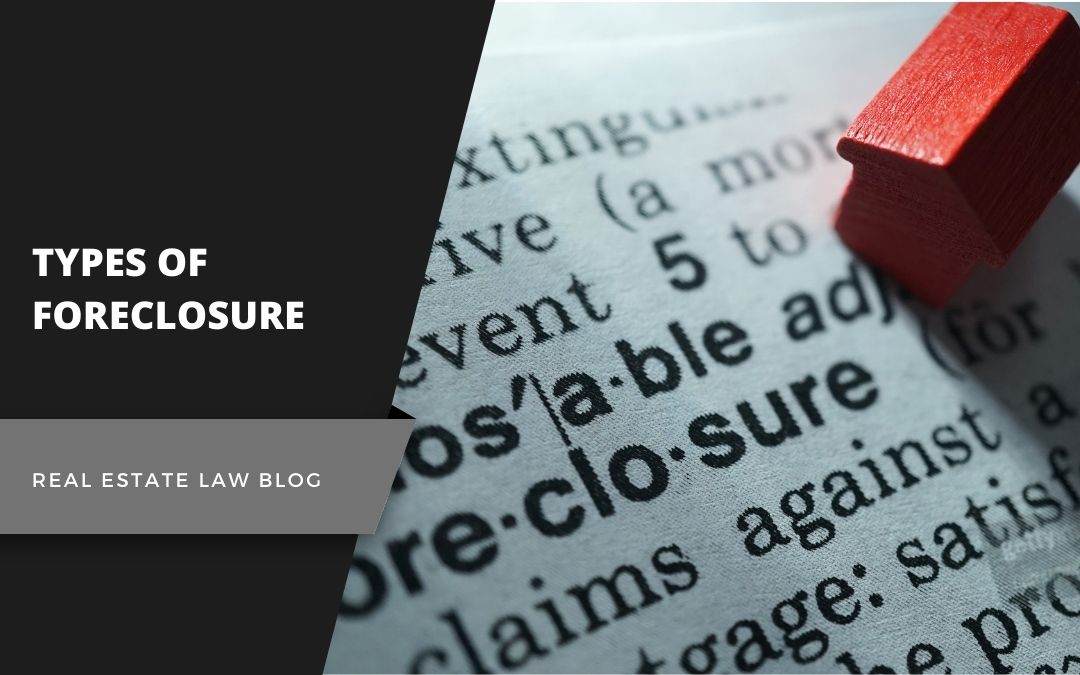There are two primary types of foreclosure in the United States. The type of foreclosure filed will depend on the terms of your mortgage contract and the relevant laws of your state. Most foreclosures will be either a Judicial Foreclosure or Non-Judicial Foreclosure.
Judicial Foreclosures
Judicial Foreclosures are allowed in all states and required in others. It means that foreclosure processing will be under the supervision of the court. The lender files suit for payment with the judicial system, and the borrower will receive a note in the mail demanding payment. The borrower must repay all monies owned within 30 days to avoid foreclosure. If the owed funds are not paid in full, the mortgaged property is then sold through an auction to the highest bidder, carried out by a local court or sheriff’s office.
Non-Judicial foreclosure
Non-Judicial foreclosure, also known as Power of Sale foreclosure or statutory foreclosure, is allowed by many states if the mortgage includes a power of sale clause in the mortgage contract. The lender can move forward with sending notices and selling the property in a public auction without court supervision or the involvement of the local sheriff’s office. These types of foreclosures tend to finalize faster.

